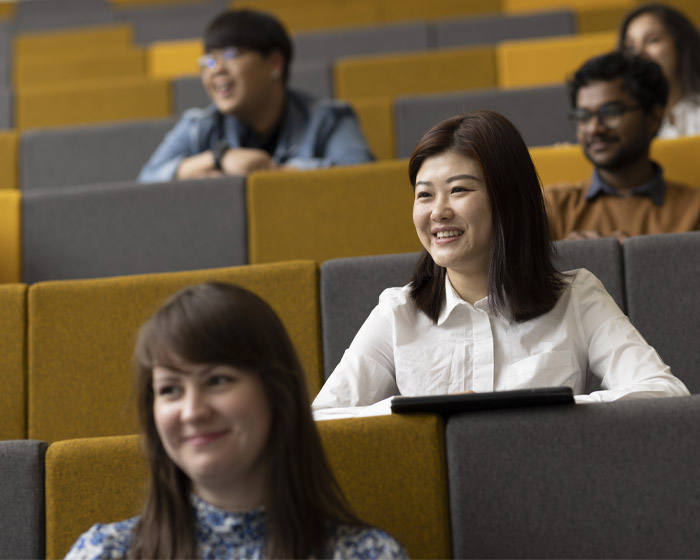Turning the Page
Patricia decided to undertake her PhD at Lincoln after retiring from her work in education. During her career, she has been the head of a school catering for children with special needs and most recently worked in special needs education at Lincolnshire County Council.
She has been putting her teaching skills to good use when presenting her research at conferences, which have included events in Finland, Belgium, and Iceland. Closer to home, she has shared her work with her peers at Lincoln's annual Postgraduate Research Showcase, where she was awarded first prize for her presentation two years running.
"These conferences are a great way to share your ideas and gain feedback from like-minded researchers and academics," says Patricia. "Even though I've now retired and I'm finishing my PhD, I still want to attend conferences and present my work. There's always a great buzz at these events and everybody is really supportive and interested in your research."
Patricia is also looking to continue her volunteering work at the University, which she has been doing since commencing her PhD. "I've volunteered at many events and have been a postgraduate rep, welcoming cohorts of students to the University. Although I won't be able to do this once I've finished, I have been invited back to share my experiences and research with other postgraduate students.
"I’ve had such a fantastic time at Lincoln that I want to stay involved with the University for as long as possible. I love the whole world of academia and want to make sure it remains a key part of my life.”

/prod01/university-of-lincoln-cdn-pxl/media/responsive2017/research/newresearch/Patricia,Reid,banner,1600X600.jpg )

